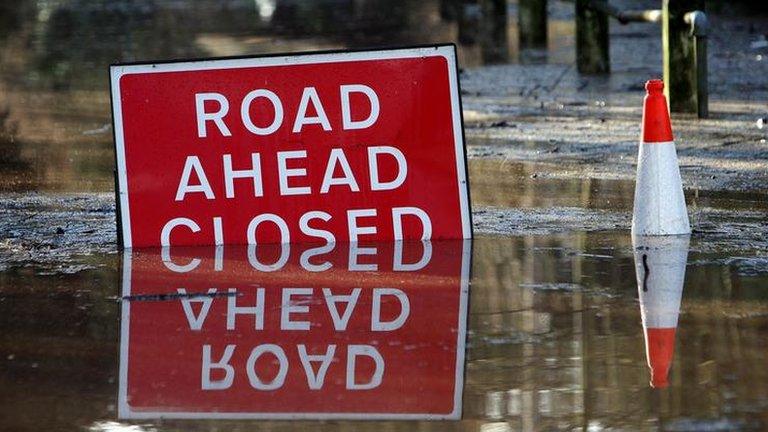Can G8 summit live up to ambitious agenda?
- Published
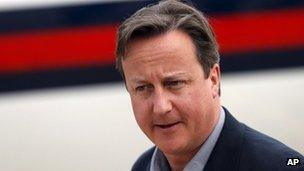
David Cameron has arrived at the summit hopeful of progress on issues such as Syria and the economy
It used to be said that the G8 summit brought together the most powerful countries in the world.
It was seen as the most important meeting of the world's top global players, leaders able to wield pooled influence to further common interests and for the global good.
Now analysts question the club's relevance. G8 no longer represents the top table in terms of economic size or speed of growth.
The club has failed to meet its own aid pledges to the poor. It is too small to tackle global problems on its own.
And this year more than ever, it cannot even offer a united front on Syria, the most dangerous conflict of recent years.
Finding progress on Syria at the Lough Erne summit will be difficult, even though all eight leaders will no doubt try to paper over the cracks.
Peace talks
President Putin, who finds himself isolated on Syria at this summit, will perhaps try to focus on common ground.
In the first place, Russia is this year's G20 host and in the chair for G8 next year. Mr Putin will need to keep his G8 allies on side to make his own upcoming summits a success.
In the second place, Russia has always wanted a Syrian peace conference and orderly negotiation to ensure President Assad's government, if not the Syrian leader himself, is guaranteed a proper role in any new transitional government.
He will focus on the fact that Western leaders, too, would like to secure peace talks. All sides genuinely want the bloodshed to stop.
But as the US Secretary of State, John Kerry, said recently, a political solution to civil war "may be getting out of reach".
Events on the ground are fast overtaking slow moving diplomacy.
Even if the US had persuaded the fractured and disenchanted moderate opposition groups in Syria to agree to take part, it might not have done any good.
Now that Hezbollah has joined the conflict on President Assad's side, the military balance has shifted.
With rebel gains in Aleppo and elsewhere in Syria now under threat, the US and its allies will become increasingly focused on how to help the opposition avoid being forced into a defeat.
Trade deal
Syria may dominate discussions on day one, but Mr Cameron has made clear his summit priority is broader and includes, first and foremost, much-needed global growth.
He already has one achievement secured. On Friday, European trade ministers finally thrashed out an agreement on how to start negotiations on a new EU-US trade deal.
That can now be launched at Lough Erne with due fanfare.
There will be many hurdles ahead - how to normalize US-EU food standards, for instance - but it will mark one clear step forward at this summit, potentially of crucial significance for the world economy.
Less clear is how far Mr Cameron's commitment to clamp down on tax evasion will go.
British Overseas Territories and Crown Dependencies have agreed to collaborate. But will the summit final communique signal that other G8 countries are willing to do the same?
And how far will they go in committing themselves to join a truly global system of exchanging information about the ownership of multinational companies?
Tax, transparency and trade are the three areas where David Cameron has said he hopes to achieve breakthroughs - an ambitious and imaginative agenda that has won him praise. But only the small print will show if it lives up to its promise.
- Published17 June 2013
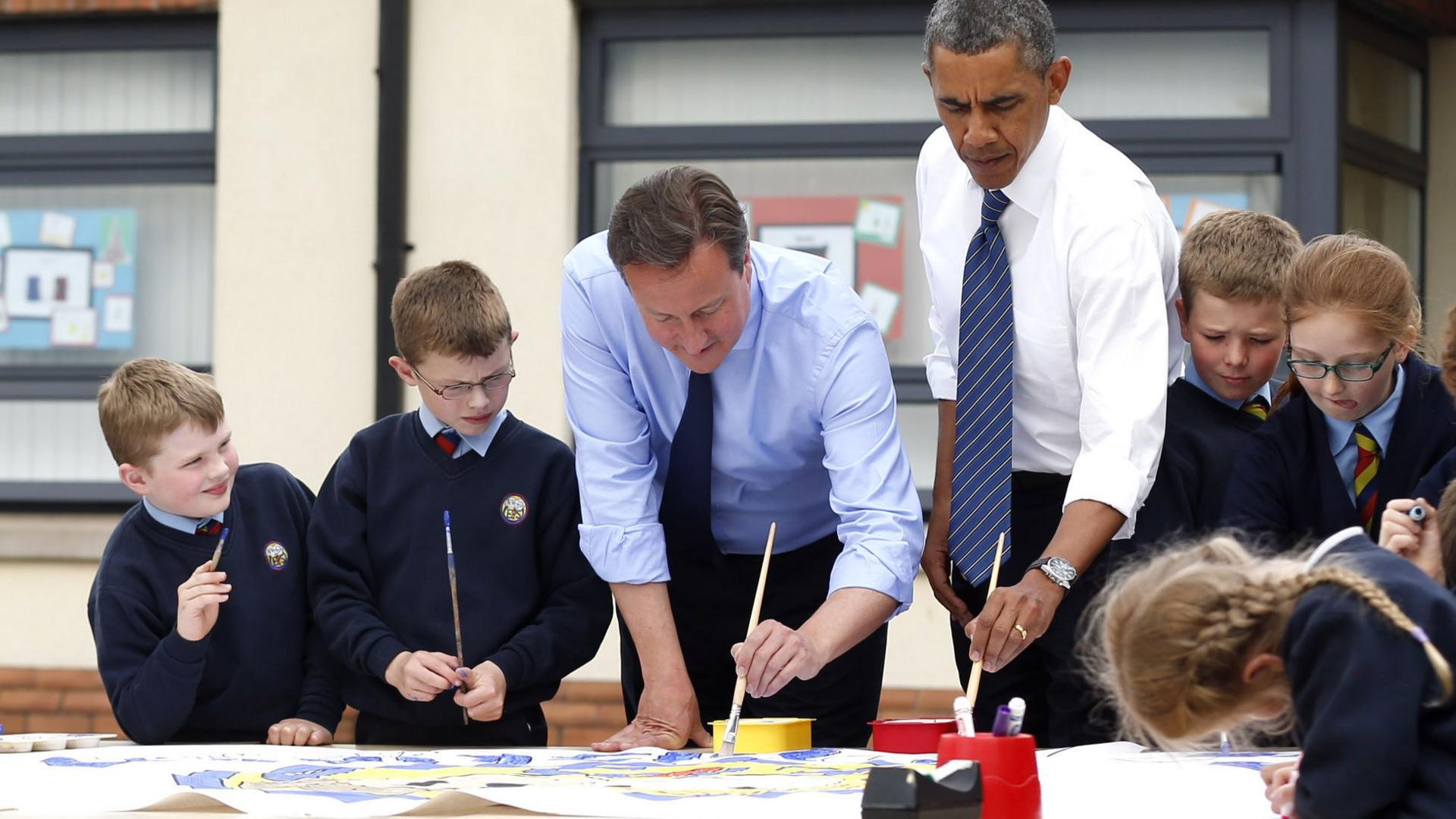
- Published16 June 2013
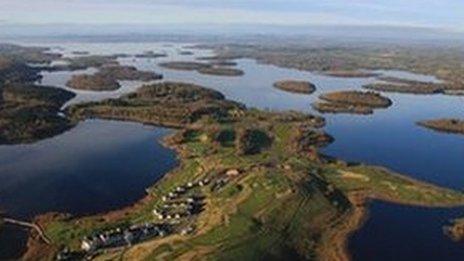
- Published17 June 2013
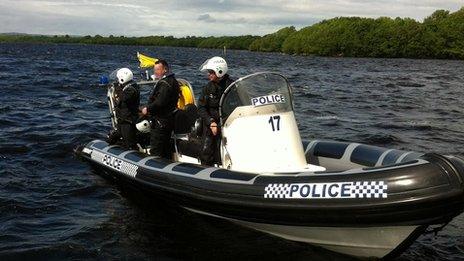
- Published2 March 2015
